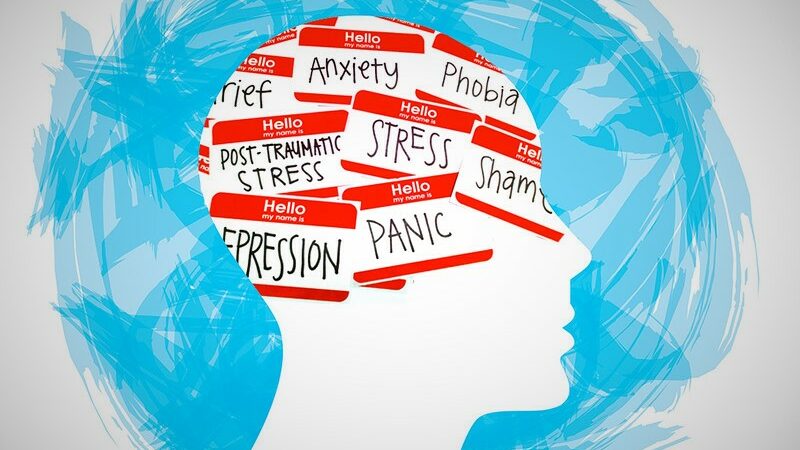As a social worker, I know just how much this plan misses the mark.

Tom Pollard is an independent expert on mental health social policy.
Over the weekend the government published its Mental Health and Wellbeing Recovery Action Plan, setting out how it would look to “prevent, mitigate and respond to the mental health impacts of the pandemic”.
Reading through the 55 pages that explain how £500m will be spent on introducing new schemes and bolstering existing services, I felt like I was being ungrateful, even churlish, as I kept returning to this thought: “What about addressing poverty?”.
I’ve worked in and around the politics of mental health for over twelve years, and have spent the last few years training and practicing as a Mental Health Social Worker in the NHS. I know only too well how desperately this additional funding for services is needed.
I’m sure the range of programmes announced in the plan, delivered by skilled and dedicated professionals, will make a real difference to people’s lives. But they will do little to address the underlying causes that are driving much of the demand for mental health services.
A mountain of evidence demonstrates that factors such as poverty, poor housing, and insecure employment lead to increased rates of mental health problems. People living in these kinds of circumstances – who are disproportionately from minority ethnic groups – have also been hardest hit by the economic and health impacts of the pandemic.
The government’s plan does acknowledge the connection between “financial insecurity” (the word “poverty” is not used once) and poor mental health. But between promises to offer debt advice and “wellbeing support” alongside helping people into work, lurks one of the most significant policy decision: cutting Universal Credit by £20 in September, to bring it back to its pre-pandemic rate.
Even before Covid hit the UK, 43% of households on Universal Credit reported experiencing “food insecurity”, meaning they struggled to afford food “to facilitate an active and healthy lifestyle”. Inadequate benefits are only part of the problem – of those adults living in poverty, three in five were either in work themselves or living with someone who was. For many people, the state and the economy simply don’t provide enough for them to live a secure, healthy life.
Working in frontline NHS mental health services, I see how life on a low income takes its toll on someone’s mental health as factors such as stress and insecurity, inadequate housing, and social isolation all compound one another. Children growing up in poverty are more likely to go through a range of traumatic experiences, which cause more mental health problems, and so the cycle continues.
Local authorities have a key role to play in coordinating a range of services to respond to these issues. The contribution they make to mental health support and prevention is recognised in the government’s plan, but the £15m it commits to the poorest areas will barely make a dent in the £600m overall shortfall local authorities are facing in the wake of the pandemic. Many of the challenges local areas faced in responding to the pandemic are the result of a decade of Conservative cuts to vital services and infrastructure in the name of austerity.
Of course, I wasn’t seriously expecting the government’s plan to set its sights on the root causes of poverty. I’ve learnt to expect mental health policy framed largely in terms of NHS services for individuals. Even as it has become unavoidable to acknowledge the wider “social determinants” of mental health, the government has carefully side-stepped taking meaningful responsibility for shaping these determinants.
Across our society, mental health problems are experienced more frequently and acutely along the fault lines of deeply entrenched systemic inequality, most notably poverty and race. Successive Conservative governments have ignored or denied the structural nature of these problems, while pursuing policies that often exacerbate and entrench them even further. Faced with the stark manifestation of this injustice during the pandemic, their response is to promise programmes and schemes to, at best, cushion the blow.
So as much as we should welcome investment in services for people experiencing mental health problems, a meaningful response to the state of the nation’s mental health must be much wider and deeper – with structural economic and social problems in full view.
We cannot allow the government to position itself as a benign source of support while disowning its role in maintaining the very conditions that precipitate so much mental ill health.
Tom Pollard previously worked in Parliament, for the charity Mind, and as an adviser to DWP. He also works in the NHS as a Mental Health Social Worker.
To reach hundreds of thousands of new readers we need to grow our donor base substantially.
That's why in 2024, we are seeking to generate 150 additional regular donors to support Left Foot Forward's work.
We still need another 117 people to donate to hit the target. You can help. Donate today.



